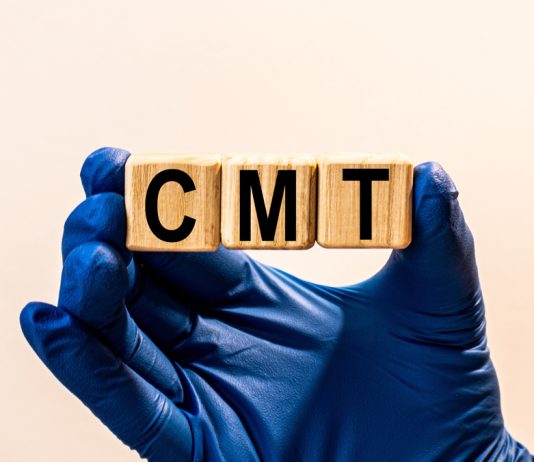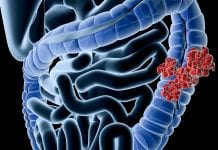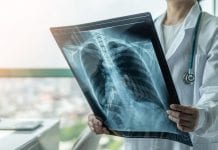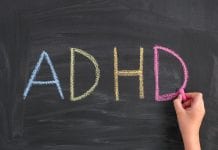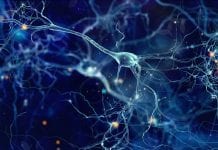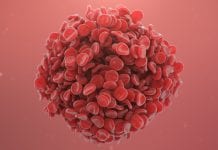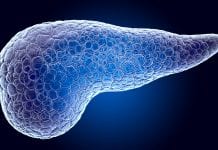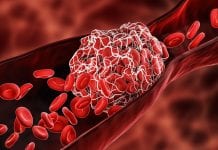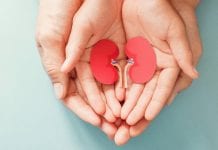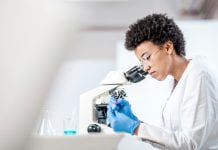Colorectal cancer risk may be increased by low exposure to UVB light
A lack of exposure to UVB light from the sun may increase an individual’s risk of developing colorectal cancer, a new global study has...
COVID-19 nasal spray effective against variants
A nasal spray that has been tested in clinical trials and proved to be effective against SARS-CoV-2 has also been found to work against...
Fibromyalgia most likely a disease of the immune system, say researchers
New research has shown that fibromyalgia is most likely to be caused by autoimmune issues.
A study by researchers from the Institute of Psychiatry, Psychology...
Reducing tuberculosis in England with a long-term action plan
A new five-year action plan to reduce cases of tuberculosis (TB) in England has been launched by the UK Health Security Agency, working with...
New UK service launched to improve wellbeing and weight
New services have now been launched across England that will support people to achieve a healthy weight and improve their wellbeing.
As part of the...
Mental illness linked to increased risk of TB
Mental illnesses such as depression and schizophrenia are associated with an increased risk of tuberculosis (TB), new research has shown.
A recent study set out...
Review shows under-reported cases of long COVID in NHS records
A review of fully pseudonymised GP records of 57.9 million patients in England has shown that cases of Long COVID are being under-reported in...
Major research project launched to study chronic pain
A new research project has been launched to study chronic pain in a bid to improve outcomes for the many people living with debilitating...
Brain training improves concentration for people with ADHD
New research has found that brain training based on the principle of 'neurofeedback' enables people with attention deficit disorder (ADHD) to improve their ability...
New research could help to reverse Alzheimer’s disease
New research has identified a treatment candidate that has been shown to successfully halt neurodegenerative symptoms in mouse models of dementia and Alzheimer's disease...
Muscle proteins could be early indicator of Type 2 diabetes
A new link between muscle proteins and Type 2 diabetes could help to inform more targeted preventative treatment for the condition.
A collaborative study by...
Gene therapy breakthrough could cure rare and fatal brain disease
A new gene therapy could offer a cure for a rare degenerative disease in children called Dopamine Transporter Deficiency Syndrome (DTDS).
A team of scientists...
AstraZeneca/Oxford vaccine blood clots mitigated with early detection
Early testing for blood clots in people who have received the AstraZeneca/Oxford vaccine led to successful treatment, highlighting the need for increased awareness among...
New biomarker identified to diagnose pancreatic cancer
A new biomarker – a protein called pentraxin 3 (PTX3) – has been identified that could be used to aid in the diagnosis of...
Discovery could inform new preventative treatment for blood clots
A breakthrough in the understanding of why blood clots form in the lungs could lead to improvements in preventative treatment.
Researchers from the University of...
AI predicts unknown links between viruses and mammals
Using Artificial Intelligence (AI), scientists have predicted that there are many more links between viruses and mammals than first thought.
Researchers from the University of...
Forxiga could transform treatment for chronic kidney disease
AstraZeneca’s Forxiga has been recommended for approval in the European Union for the treatment of chronic kidney disease in adults with and without Type 2 diabetes.
The...
Human/mouse differences have important disease research implications
New findings have revealed important differences between human and mouse models, which has important implications for disease research.
Led by UCLA, the study compared brain...
A step closer to therapeutic interventions for Huntington’s disease
Researchers have discovered which cells help to mitigate damage in Huntington’s disease, which could inform treatments to reduce neurological damage.
Dr Juan Botas, from Baylor...
Scientific breakthrough could increase rhabdomyosarcoma survival rates
A new genetic discovery could lead to improvements in treatment and increased survival rates for the aggressive cancer rhabdomyosarcoma.
Rhabdomyosarcoma is a rare type of...

